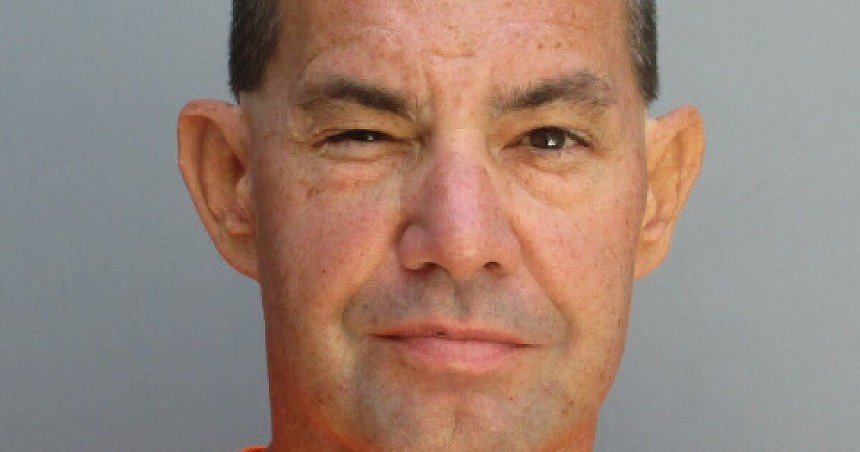On Wednesday, having skipped a debate that same day with her Republican primary opponent, Mitchell renewed her fight with Gov. Katie Hobbs and Attorney General Kris Mayes over the imposition of the death penalty. If Mayes wouldn’t seek a death warrant from the Arizona Supreme Court to execute Gunches, she would.
"I am not willing to wait any longer," Mitchell said during her regular biweekly press conference. "I've asked the Supreme Court to set a briefing in anticipation of our motion to the court to issue a warrant of execution."
The problem, according to both Mayes and other legal experts, is that Mitchell doesn’t have the authority to do so.
In Arizona, the attorney general normally petitions the state Supreme Court for a warrant to execute a death row prisoner. Maye's office hasn’t done so since 2023, when she and Hobbs effectively halted executions in Arizona due to a string of lethal injections that didn’t go smoothly. Hobbs appointed a former federal judge to review the state's death penalty protocols, and Mayes announced she would not seek death warrants until the review was completed.
In May, Mayes informed Mitchell that pause would soon end. By early 2025, Mayes wrote, her office would again petition the state Supreme Court for death warrants. Mitchell fired back in an over-the-top letter lambasting Mayes and demanding that executions restart immediately, providing both letters to the Arizona Republic.
Now, in her impatience to have Gunches killed, Mitchell is advancing what might generously be called a novel legal theory: that as a county attorney, she can apply for death warrants just as the attorney general would.
"The law allows the state to do it," Mitchell contended. "The county attorney represents the state and in fact specifically represents the state in this case, in the sense that we prosecuted the case, we brought the charges, and we also have the right to come alongside the victim and ensure that victim's rights are complied with."
The move is unprecedented. Mitchell said she was "not aware of another situation" like it. That may be because, according to Mayes and other experts, that’s not what the law says at all.
In a statement released after the county attorney’s announcement, Mayes called Mitchell a "rogue" prosecutor, accusing her of attempting to "circumvent the authority" of Mayes' office. “There is only one Attorney General at a time,” the statement read, and “the voters decided who that was 18 months ago.”
Mitchell argued that since her office prosecuted Gunches "on behalf of the state,” it is therefore "entitled" to seek a warrant for Gunches' execution. But Dale Baich, a professor at Arizona State University’s Sandra Day O'Connor College of Law and a former head of the Capital Habeas Unit at the Federal Defender’s Office in Arizona, said the law is not on Mitchell's side.
The relevant law, according to a spokesperson for Mayes, states that the attorney general shall "prosecute and defend in the supreme court all proceedings in which this state or an officer of this state in the officer's official capacity is a party."

Aaron Gunches faces the death penalty for the 2002 murder of Ted Price.
Arizona Department of Corrections
‘Extraordinarily’ unprecedented
"Arizona law clearly says that the attorney general shall represent the state in all matters before the Supreme Court, and the county attorney does not have that power under law," Baich told Phoenix New Times. He expects the state Supreme Court to ask for a briefing on the issue, but he said that as a matter of policy, the state should speak with one voice on matters such as the death penalty. To have 15 county attorneys taking conflicting legal positions would be "chaotic," he added.Baich also noted that Mitchell said in her press conference on Wednesday that she has only a "belief" that she has the authority to seek a death warrant.
"To me, that suggests that she's not on sound legal footing," Baich said. "The other reality is that she's got a primary election at the end of July and then a general election in November. So the death penalty is all about politics."
Former Maricopa County Attorney Rick Romley, who served in the position from 1989 to 2005 and again on an interim basis in 2010, agreed that Mitchell's latest legal gambit is "extraordinarily" unprecedented. He said he'd never heard of a county attorney in Arizona seeking a death warrant, though he conceded that without reviewing the statutes and case law, he couldn't say if it could be done legally.
This isn’t the first time Mitchell has attempted to speed the execution of Gunches, who was sentenced to death in 2008 for the murder of his girlfriend’s ex-husband, Ted Price.
In 2023, Mitchell asked the state Supreme Court to order Hobbs to carry out Gunches’ execution. The court denied that request, ruling that it could authorize the state to carry out an execution but could not compel the state to do so. In its decision, the court cited the controlling state statute and rules of criminal procedure, which say the court "must issue" a warrant of execution once a notice "is filed by the State requesting" a death warrant.
Romley's left wondering why Mitchell is in such a rush, especially considering Mayes has already signaled she’d seek death warrants by next year. “Death is such an extraordinary remedy,” Romley said. “We've got to do it right. We really, really do. And if we aren't doing the procedures right, let's wait.”
Romley, a U.S. Marine, fought in the Vietnam War and was severely wounded by a landmine. He agreed with critics, such as Mitchell, that the lengthy appeals process in death penalty cases means a long wait for the families of victims. But his military experience gives him a different perspective on this current fight over executing Gunches.
"Look, I fought at war, I've been involved in a lot of death," he said. "What's the anxiousness of doing this? I don't quite get it."











